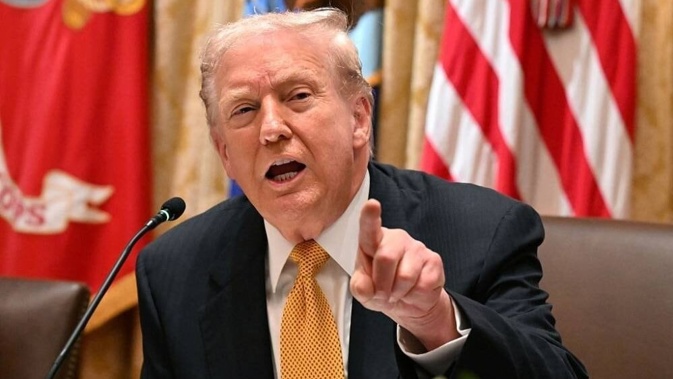European Commission reassessing probes into tech giants Apple, Meta, and Google

The European Commission is revisiting its investigations into major tech companies, including Apple, Meta, and Alphabet’s Google, according to a report by the Financial Times on Tuesday.
These tech giants have previously called on U.S. President-elect Donald Trump to challenge the European Union’s regulatory scrutiny, which targets their market dominance. One source indicated that the review was influenced by the political landscape, particularly with Trump’s victory, although his win did not directly trigger the reassessment.
The review process could potentially result in Brussels scaling back or altering the scope of the ongoing probes, which have been initiated under the EU’s Digital Markets Act (DMA). The review will encompass all cases that have been launched since March 2024, as part of the DMA’s strict regulatory framework aimed at tech giants.
The DMA, implemented in 2022, is designed to restrict the market power of dominant tech companies by imposing clear guidelines on their operations. It mandates what these platforms can and cannot do and allows the European Commission to levy fines as high as 10% of a company’s annual revenue for violations.
The review means that all decisions, including potential fines, will be paused until the reassessment is complete. However, technical work on these cases will proceed in the meantime.
Regulatory authorities are reportedly waiting for political direction before making final decisions on the cases involving Apple, Meta, and Google. As of now, Apple, Meta, Google, and the European Commission have not responded to requests for comment.
The Digital Markets Act has been one of the European Union’s most ambitious efforts to curb the power of Big Tech and to ensure that smaller competitors can compete on a level playing field. Its impact on the tech landscape continues to evolve as investigations into these firms unfold.
In related news, Meta recently discontinued its U.S. fact-checking program, marking a significant shift in how the company manages political content. This move is seen as part of CEO Mark Zuckerberg’s efforts to recalibrate his company’s relationship with the incoming Trump administration.
Meanwhile, the EU is reportedly considering expanding its investigation into whether Elon Musk’s social media platform X, formerly known as Twitter, has violated content moderation rules. This investigation is part of the broader efforts to hold tech giants accountable for their content policies.















